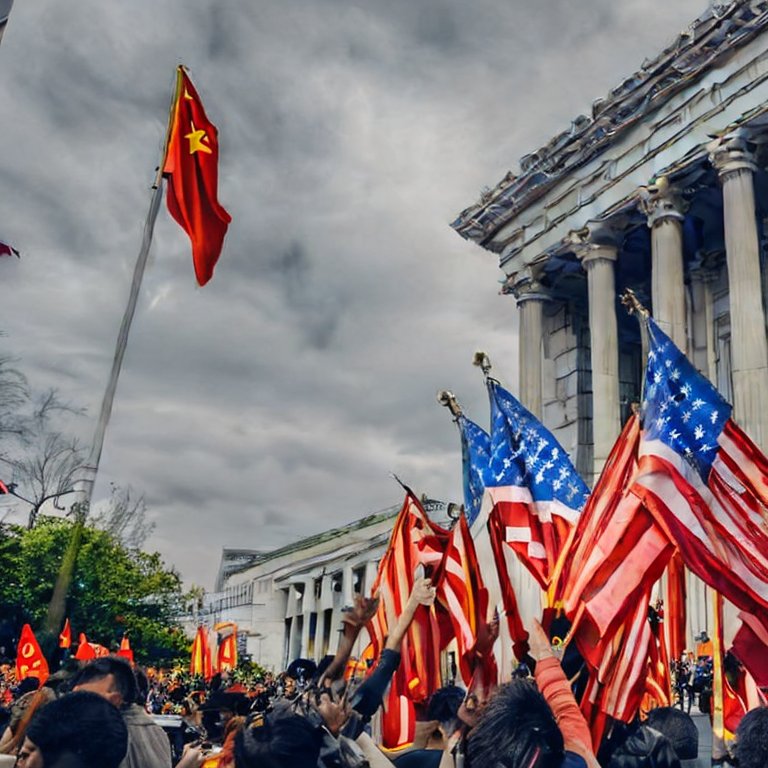
The RESTRICT Act and the Dangers of Unchecked Executive Power: A Comparison to Chinese Communism
Share
In today's digital age, the protection of our personal data has become increasingly important. The RESTRICT Act, also known as S. 686, is a controversial bill that aims to authorize the executive branch to block transactions and holdings of foreign adversaries that involve information and communication technology and create undue or unacceptable risk to national security. While some refer to it as the "TikTok ban," it goes beyond that and would exempt certain information services from the federal statute, known as the Berman Amendments, which protects the free flow of information in and out of the United States.
There is a lot of debate surrounding the RESTRICT Act, as it raises concerns about giving more power to the executive branch and removing many of the commonsense restrictions that exist under the Foreign Intelligence Services Act (FISA) and the Berman Amendments. One of the biggest issues with the bill is that it could result in a ban on TikTok, a popular social media app, although it is not a "ban" on personal use or even on a technology directly.
However, the RESTRICT Act applies to six foreign adversaries, including China, Cuba, Iran, North Korea, Russia, and Venezuela, and could be expanded to other countries. This raises concerns about data privacy and the authority given to the executive branch to make decisions about which technologies can enter the U.S. with extremely limited oversight by the public or its representatives about the law's application.
In recent years, North Korea has been a major concern in terms of national security. The country's nuclear program and missile tests have raised concerns about its intentions, and its government is known for its tight control over information and communication. With the RESTRICT Act, the U.S. government would have the power to block transactions and holdings of information and communication technology involving North Korea if it poses an undue or unacceptable risk to national security.
On the other hand, the Patriot Act is a law that was enacted in the aftermath of the 9/11 attacks to enhance national security and prevent terrorist attacks. The law gives the government broad surveillance powers, including the ability to monitor phone and internet communications. While the law has been controversial, it has also been credited with preventing terrorist attacks on U.S. soil.
In terms of individualism and freedom, the RESTRICT Act raises concerns about the government's authority to make decisions about which technologies can enter the U.S. and limit the free flow of information. The Electronic Frontier Foundation (EFF) opposes the bill and argues that Congress should focus on comprehensive consumer data privacy legislation that will protect our data, no matter what platform it's on, such as TikTok, Facebook, Twitter, or anywhere else that profits from our private information.
In comparing totalitarian communism to free market capitalism, it is clear that the latter promotes individualism and freedom, while the former promotes government control and suppression of information. China's Communist Party has been implementing increasingly strict data protection laws, limiting the amount of personal data that Chinese tech companies can collect and requiring them to seek consent from users to collect data. While there are concerns about China's government control over information and communication, the laws were enacted to promote data privacy and cybersecurity and to ensure that companies comply with data protection standards.
In conclusion, the RESTRICT Act raises concerns about data privacy and the authority given to the executive branch to make decisions about which technologies can enter the U.S. The government must demonstrate that any mitigation measure is narrowly tailored to prevent the harm it has identified, and the public must have greater oversight about the law's application. As a society that values individualism and freedom, it is important that we have comprehensive consumer data privacy legislation that protects our data, no matter what platform it's on.
